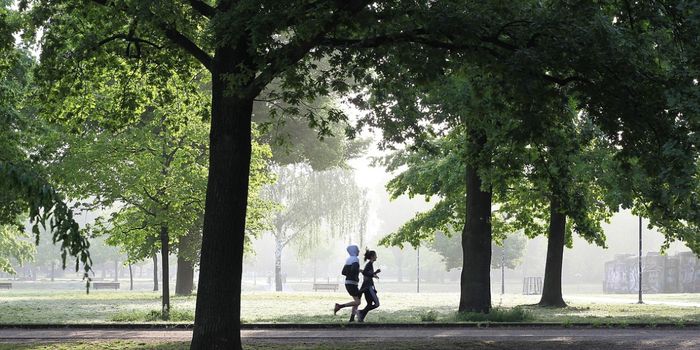Antibiotic resistant bacteria found in urban beaches
Plans to go to the beach? Well if you’re in Sydney, you might want to think twice about that. A new study published recently in Water Research reports that beaches around the Sydney area have elevated levels of antibiotic resistant bacteria after it has rained, putting beach-goers at risk.
Antibiotic resistant bacteria (AbR) have been on the rise over the last decades are a threat to people around the world. AbR, which is the result of the mis-use and over-prescribing of antibiotics, is a concern on a global level because it infiltrates into many different spheres, including medical, agricultural, urban and natural systems.
According to the conclusions of the study, the presence of AbR in microorganisms that live in urban beach habitats is clearly linked to rain events that result in storm-water discharge and wet-weather sewer overflow (WWSO). The researchers looked specifically at 31 AbR genes that make bacteria resistant to commonly used antibiotics. They found that following a rainfall event, high levels of these genes could be seen within coastal seawater.
"The study provides new insights into the timing and mechanisms for the input of AbR bacteria in urban beach environments, regularly used by humans for recreational activities," says first author Dr. Ric Carney, who conducted the research as part of his PhD in the Climate Change Cluster at the University of Technology. "The presence of AbR genes increased significantly in conjunction with storm-water input and modelled WWSO events, which occur after rainfall. Our results indicate that some bacteria present within urban waste streams carry AbR genes, which are subsequently washed into natural marine environments via storm-water outlets,' he says.
The findings of this study are quite frightening, as it points toward the capability of potentially pathogenic bacteria carrying AbR genes to cross habitat boundaries.
"This research highlights the potential risk for significant levels of human exposure to antibiotic resistant bacteria within coastal beaches that are subject to urban run-off, but the health implications of this exposure are as yet undefined," lead researcher, Professor Justin Seymour from the UTS Climate Change Cluster. However, our findings really reinforce the messages from authorities to avoid swimming in the ocean and other waterways after heavy rainfall. This is a global issue that will impact any urbanized coastal region, and highlights the often-overlooked environmental consequences of high levels of antibiotic use by human populations.”
Sources: Science Daily, Water Research









